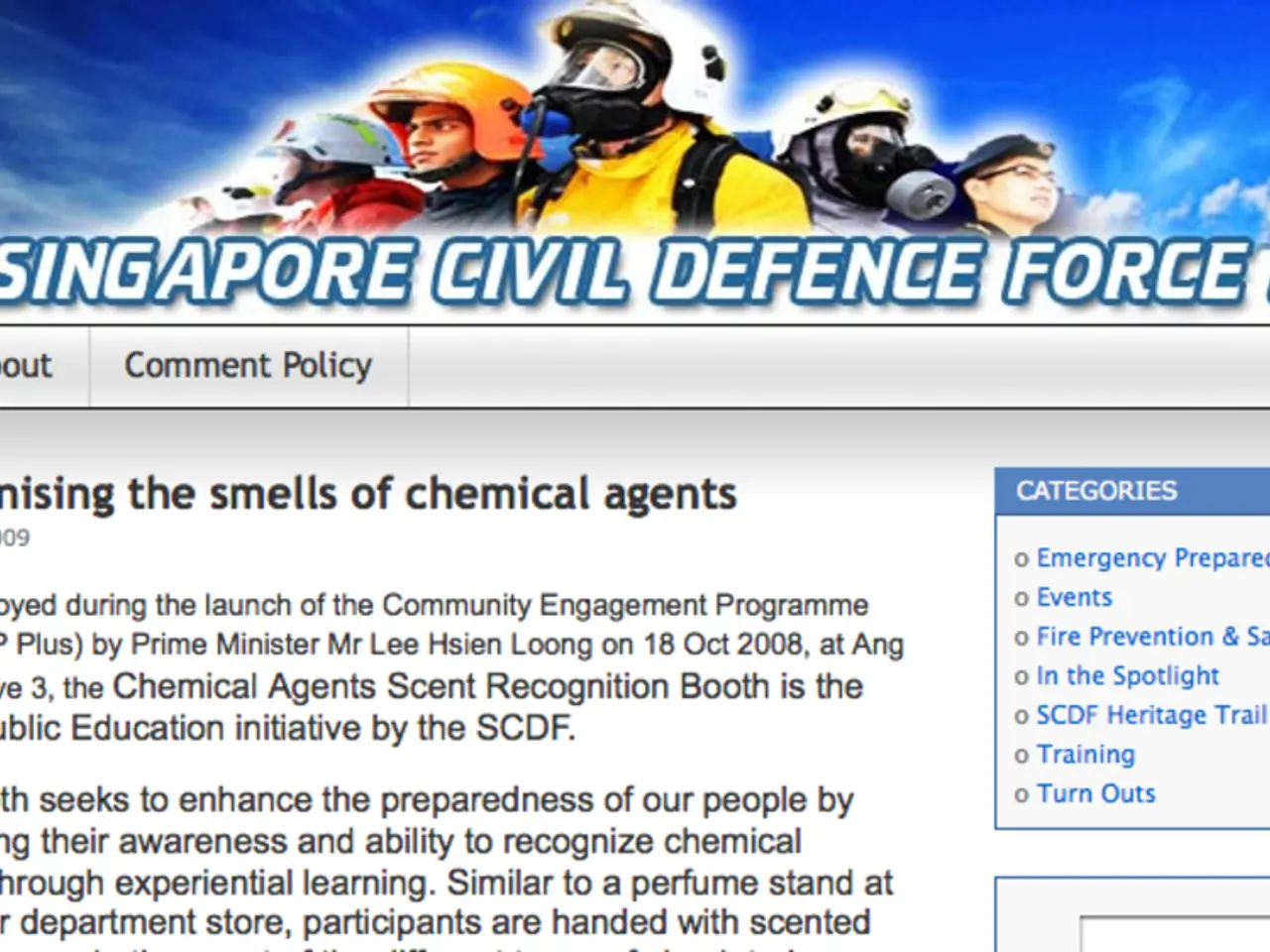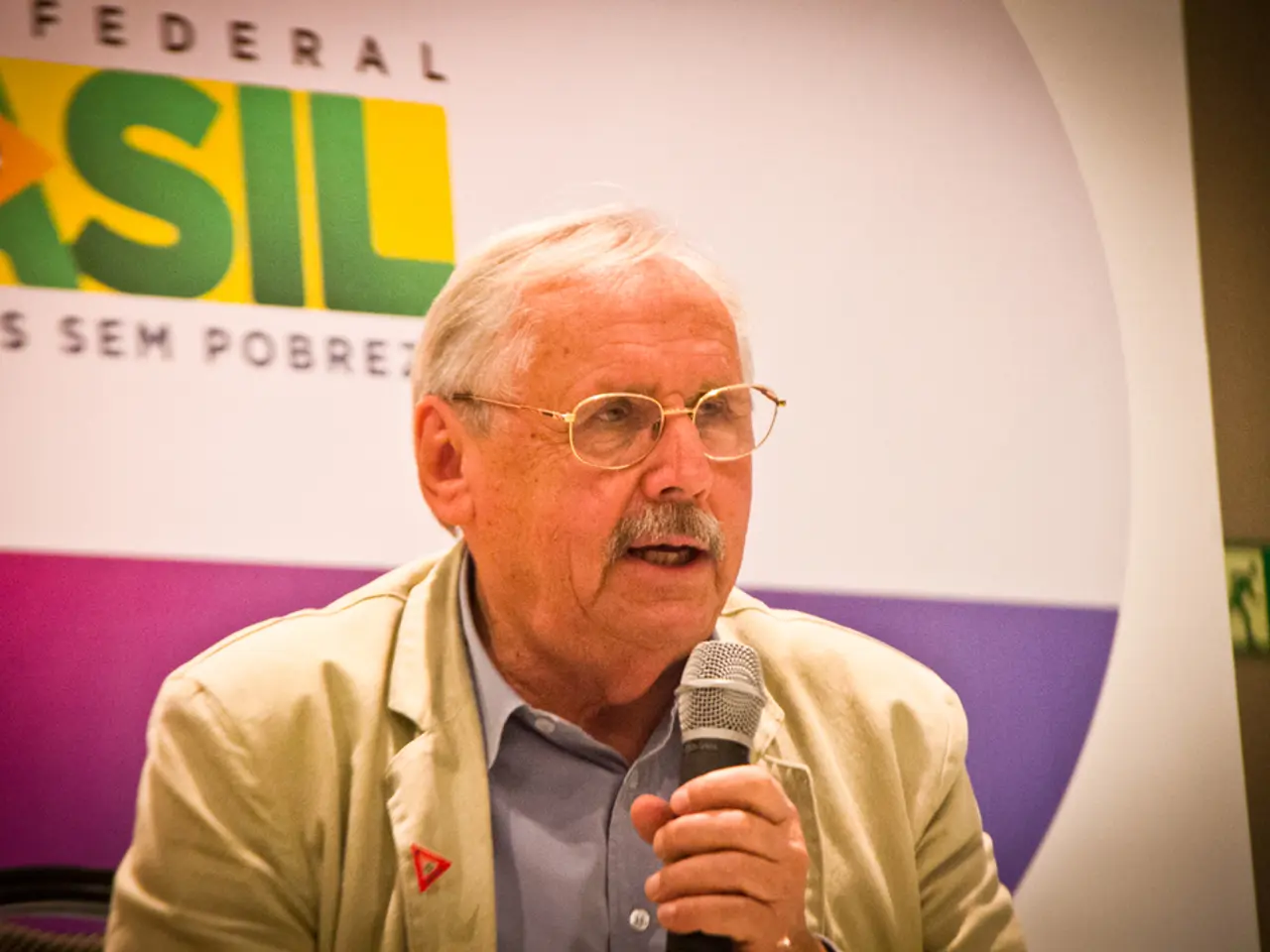Social Media's Deadly Words: Unleashing the Flames of Mass Violence through Favored Platforms
Express Yourself Freely, but Wisely: Navigating the Dangers of Hate Speech on Social Media
Social media has revolutionized the way we communicate, offering a platform for millions to express their thoughts and ideas freely. However, like any powerful tool, it can be misused, and the consequences can be disastrous.
Social media has become a breeding ground for hate speech, fueling discrimination, violence, and even genocide. Extremist groups exploit social media platforms, using them to recruit, spread misinformation, and incite hatred. The reach of these platforms is staggering; for example, Facebook, with over one-third of the world's population active, makes it incredibly simple to propagate divisive narratives.
The use of mass media by extremist organizations is not a new phenomenon. Its power, which encompasses print media, news media, photography, cinema, broadcasting, and digital media, is undeniable. Society's reliance on media platforms for news, life advice, and political ideals makes them an irresistible target for those seeking influence.
One of the most chilling examples of mass media's power being twisted to instigate violence is the Rwandan Genocide. Radio stations, which already had access to millions of Rwandans, were used by Hutu rebel groups to spread propaganda vilifying Tutsis as inferior beings. This gradual indoctrination culminated in a three-month period of violence that left over a million people dead.
Today, social media continues to perpetuate hatred, particularly in countries already beset by internal conflicts. In Myanmar, Facebook has been complicit in the anti-Rohingya narrative, enabling the spreading of disinformation and incitement of violence. The Myanmar military's use of the platform to promote hate speech has resulted in mass killings, rapes, and displacement of the Rohingya community.
The algorithms that construct social media feeds are part of the problem. They prioritize engagement, often favoring sensational and inflammatory content. This allows extremist content to proliferate, indoctrinating users into intolerant mindsets. While the blame for online extremism cannot be solely placed on algorithms, social media companies whose algorithms prioritize profit over user safety must take responsibility for their role in this crisis.
Unfortunately, the U.S. legal system, with Section 230 of the Communications Decency Act, provides significant protection to these companies. This legal shield makes it virtually impossible to hold them accountable for the hate speech posted on their platforms. The only feasible legal recourse is to pursue lawsuits against individual users, which is a costly, time-consuming, and ultimately ineffective process.
In the face of seemingly insurmountable challenges, there is still hope. Initiatives like the Digital Services Act in the EU are paving the way for more rigorous regulation of hate speech online. In the wake of the Rohingya's lawsuit against Facebook, it is clear that public pressure can force these companies to acknowledge their responsibility and take action.
It is essential that we, as users, recognize the power we wield when we use social media. We must hold these platforms accountable for their role in the spread of hate speech. Only then can we hope to break the cycle of violence that threatens our world.
Hate Speech* Section 230* Digital Services Act (DSA)* Genocide* Algorithms* Moderation* First Amendment* Rohingya* Myanmar* Extremism
- Editorial discussions on social media need to address the history of hate speech propagation, such as the Rwandan Genocide fueled by manipulated radio broadcasts, and the ongoing issue in Myanmar, where Facebook has facilitated the spread of anti-Rohingya propaganda.
- News outlets must cover the role played by social media in inciting war-and-conflicts, shining a light on the use of algorithms and general-news platforms to spread hate speech, leading to genocides and displacement, as seen in Rwanda and Myanmar.
- The photography industry should join Forces with social-media platforms, news agencies, and other media outlets to improve moderation practices and counter the rise of crime-and-justice-related hate speech on their platforms.
- Politics has a critical part in regulating social media hate speech. Policies like the EU's Digital Services Act (DSA) should be implemented worldwide to ensure that social-media companies are held accountable for the hate speech that occurs on their platforms.
- Entertainment figures should utilize their influence on social media to address the serious issue of hate speech, helping to educate their followers on the dangers of hate speech in the context of politics, crime-and-justice, and other relevant categories, like war-and-conflicts and migration.






